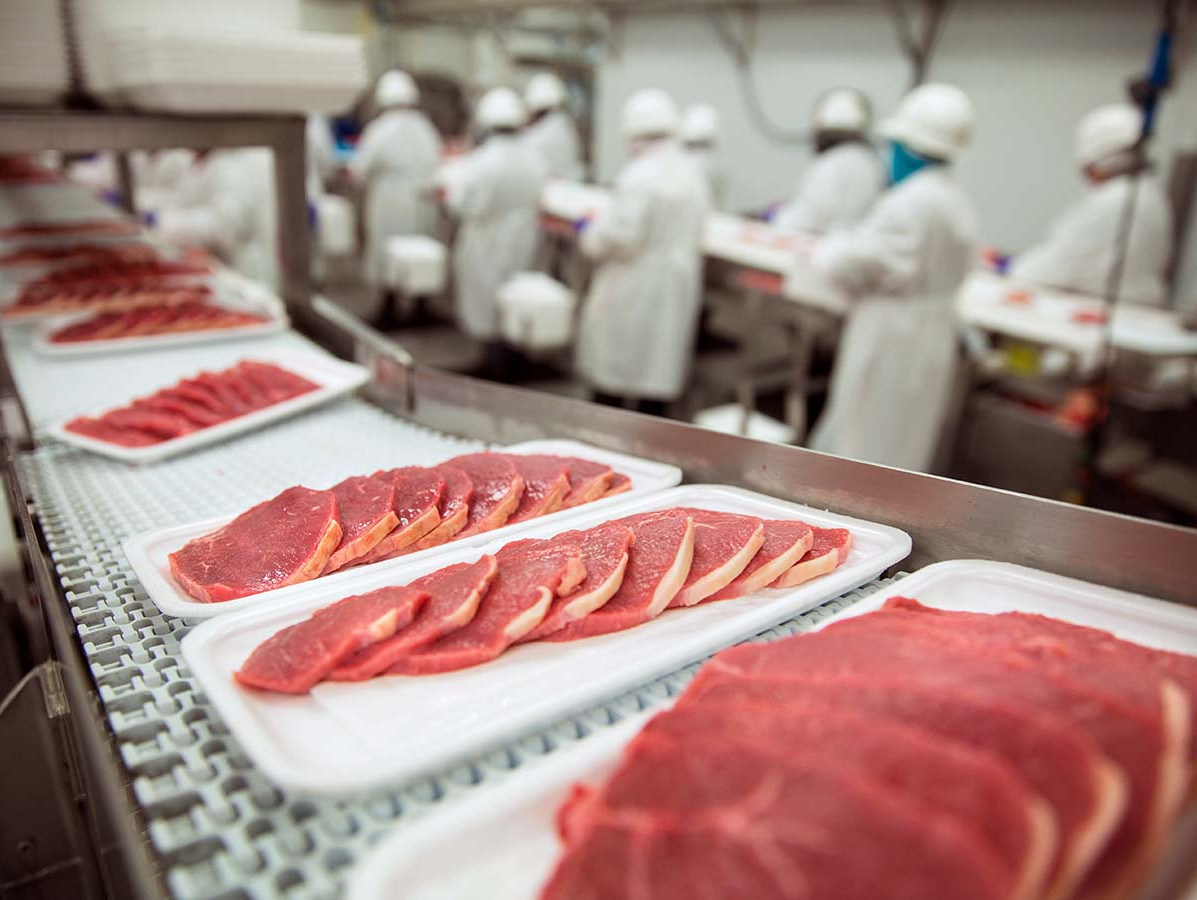
The Dutch economy is showing signs of recession, shrinking 0.3 percent in the second quarter, following a 0.4 percent decline in the previous quarter. However, Rabobank predicts the impact will be less dramatic than the economic crises of 2008 and 2012, thanks in part to the robust labor market.
In the first half of the year, the food & beverage sector saw a significant increase in sales due to inflation. While this is expected to level off in the second half of the year, continued high prices will cause a continued contraction in volumes. Nevertheless, overall sales growth is expected.
There is a limited supply of young calves due to a shrinking dairy herd in Europe, which has led to higher prices for these animals. Despite the first half of 2023 being financially strong, margins are narrowing.
Although there is a general decline in market prices, the mood remains positive within the pork sector. Remarkably, meat prices for the first seven months of 2023 were 40 percent higher than in 2022. The market outlook for the rest of the year is also positive.
In the egg sector, egg prices reached an all-time high in the first half of this year. Despite a decline thereafter, pricing is expected to remain subdued for the second half of the year. In contrast, the market situation for broilers remains positive for the rest of 2023, mainly due to limited supply.
Rabobank continues to monitor the economy closely and is confident of modest growth for the Dutch economy in the near future, despite challenges in several sectors.
Source: Rabobank